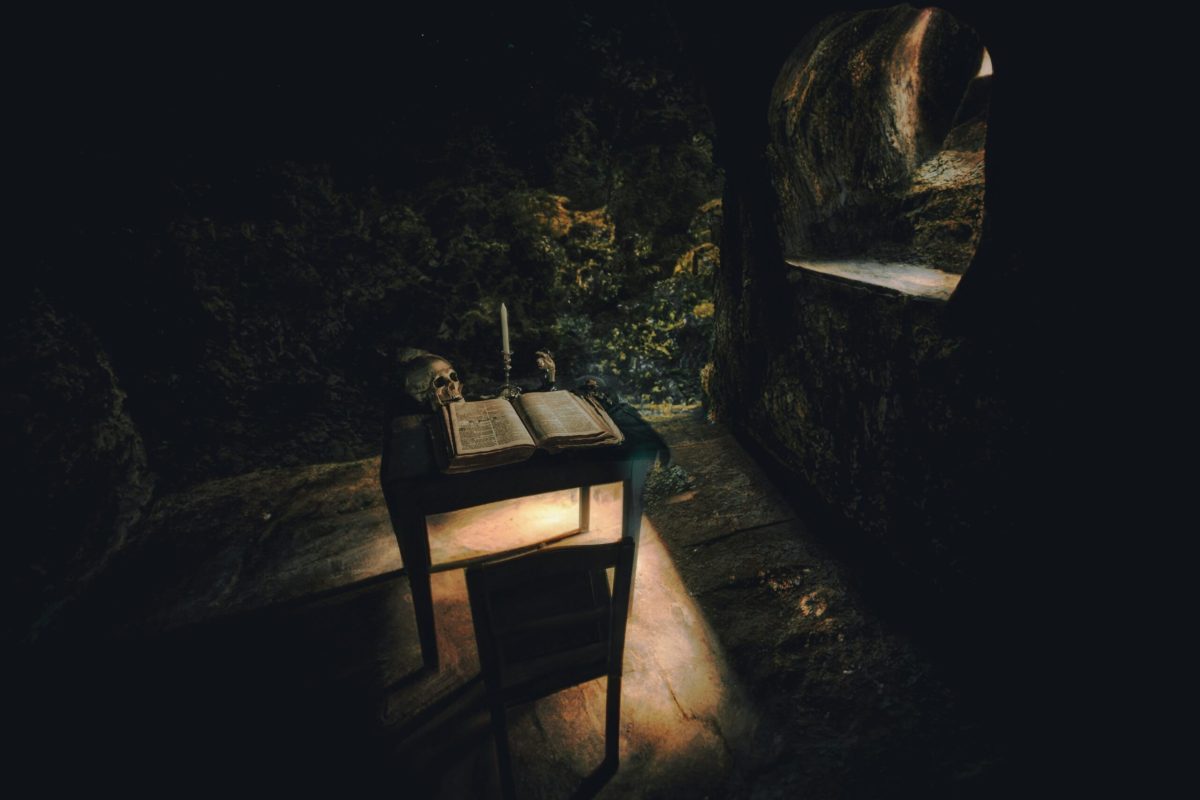Well, I figured that since Halloween is around the corner, a post about being a ghostwriter will be fitting.
When I mention I am a ghost-writer;
a) People assume I write ghost stories for a living.
b) Their mental image is that of a ghost-like figure tapping away at the keyboard.
c) They have no idea what a ghost writer is.
When I explain to them the nature of what I do, the first question that always comes up is, “doesn’t it annoy you that people won’t acknowledge your work”?
Most people think that ghostwriting is a thankless job because there is no due credit given for the work done. The thing is, before I embark on any writing project, I always ask myself what would I learn and achieve by taking this on?
The other question we really have to ask ourselves is why do we write at all?
Writers give power and meaning to the words that they write by creating conversations to right the wrongs, change perceptions, evoke emotions and importantly celebrate the lives of people.
As a writer, I have always loved listening to people and their experiences. It allows you to understand this vast global world on an intimate level.
The whole idea of human interaction coupled with writing intrigues me deeply and when an opportunity came knocking to ghostwrite a book, I took it in a heartbeat!
Ghostwriting means I have to listen to the fears, struggles and success stories of people and act as their voice using words. Writing a person’s story is never easy, it is an emotional journey of bringing to life their happiness, sadness, frustrations, setbacks, triumphs and the legacy they want to leave behind. Therefore, one embarks on a ghostwriting assignment with the resilience and resolve to tell the story of another in the best way possible.
Here are some ways that keep me focused as a ghostwriter;
1) Trust– this is the most important characteristic of a ghostwriting assignment. Do establish a solid connection with your client. Why is this significant? Hours of interviews and research cannot happen if your client does not feel comfortable with you. Making them feel like their deepest, darkest secrets are secure with you is the best way to get them to share more. A client- writer relationship based on trust allows you to understand their world and how they desire to be seen and heard. This also opens up possibilities of a long term ghostwriting partnership.
2) Work with a Deadline– your clients may not be able to meet your schedule, after all, you are hired to ghostwrite because they don’t have the time to do so. Even so, don’t let it become a situation of “when I can find the time I will fit you”. Be it a short article or a book, design a schedule with the client and ensure that both parties keep to it. Otherwise, the project timeline extends to a level where it may not be productive for either party.
3) Respect the story – writers have this twitch. It is called the uncontrollable bane of editing. Don’t get me wrong, editing is important, but it is also imperative to know when to stop! Edit with the client’s story in mind. Remember, this is their story, their thoughts, their imagination and their influence, not yours. Learn to let go, you can’t omit information that is not yours.
4) Organize your writing – ghostwriting is writing and yes, there is still an artistic manifestation there. You are still in control of what goes on every page. The story is theirs, but the words are yours. So organisational skills are necessary. As writers, we each have our own method to the madness. Create a framework that works for how you think and write. This is particularly useful if the writing project is long-term like a book or series of articles. Ensure that outlines, drafts, and compilation of pictures, interviews, articles and research materials are all documented and archived ( be like Monica from the sitcom Friends – colour code your files if you have to!) This will help immensely as you progress into the later stages of writing.
5) Be a Method Writer – get into the world and the mindset of your client. How they think, act, behave, speak and what their industry speak is. Immerse yourself in the role of the person that you will be spending a good amount of time with. I find that this makes it easier to get into the right frame of mind when writing.
6) Plan, Plan, Plan – time is of the essence when ghostwriting, you may not get many hours with your client. So prepare your material and outlines prior to the meetings with them. When you walk into interviews and editing sessions prepared, it demonstrates to the client your sincerity and professionalism. Share your ideas with them, but be ready for them to get dismissed. Don’t take it personally, remember it is their voice and your words.
P.DURGA ANG
Chief Writer












